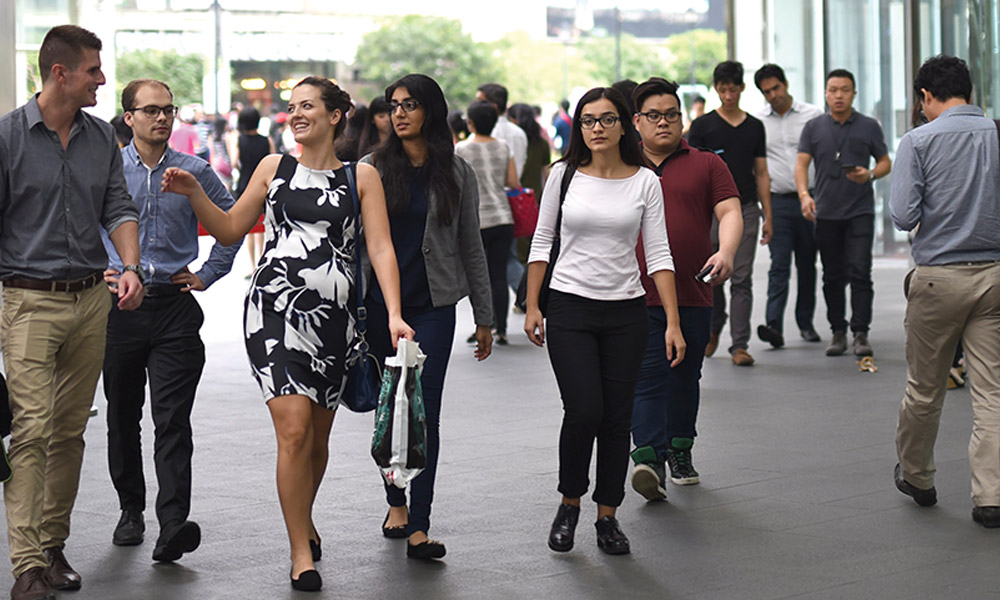Companies in Singapore must verify educational qualifications of Employment Pass applicants from 2023 Sep 1
From September 1, businesses that wish to employ foreigners on an Employment Pass (EP) must verify the authenticity of the applicants’ educational qualifications. For individuals with diploma-level or higher degrees, employers will need to provide proof of third-party verification, according to the Ministry of Manpower (MOM).
A man was given a seven-week jail term in October of last year for lying in his declaration for an EP. On the basis of the lies said in February 2019, his EP was authorized. 23 foreigners who claimed to have degrees from India’s Manav Bharti University were the subject of an investigation by MOM in 2021. 19 people were permanently prohibited from working in Singapore, and two persons were sentenced to prison for giving false credentials when applying for work permits.
The probe in Singapore began after MOM was alerted that India’s government was investigating the university for selling fake degrees.
Active ageing centres, employment schemes part of updated plan to help Singaporeans age well
As part of an updated national roadmap to ensure that Singapore’s greying population will be able to age healthily, efforts including having more active ageing centers and enhanced assistance for dementia patients and their caregivers were revealed on Monday (Jan 30). Two senior job programs are extended as part of the 2023 Action Plan for Successful Ageing, along with additional programs that encourage volunteering and education.
The Ministerial Committee on Ageing first released the action plan in 2015. It includes projects like health talks, exercise programs, subsidized lessons, and infrastructure upgrades. The most recent update, which follows consultation events attended by more than 5,000 Singaporeans between 2019 and 2021, intends to address the changing needs and ambitions of present and future seniors.
Wage offsets of up to 40% for eligible persons with disabilities, up to 20% for ex-offenders
The updates, which apply from April 1, aim to encourage the employment of persons with disabilities and ex-offenders, she said at the ministry’s Committee of Supply debate in Parliament. Both employment credit schemes are for workers earning below S$4,000 a month.
The current Enabling Employment Credit (EEC) offers employers of people with disabilities a permanent offset of up to 20% of earnings, with a monthly ceiling of S$400.
Employers of disabled people who have been unemployed for at least six months may be eligible for an extra, time-limited pay offset of up to another 10%, with a maximum of an additional S$200. The cap will now be increased to S$400, and the additional offset will be increased to 20%. Already available for the first six months of employment, the additional help will now be available for the first nine months.
In other words, for the first nine months of employment, up to 40% of pay support will be supplied, and for the next nine months, up to 20%. With the improvements, wage offsets worth up to S$8,400 may be given for the first full year of employment.
Singapore raises minimum investment sums for ultra-rich seeking permanent resident status
Individuals seeking permanent-resident (PR) status via Singapore’s Global Investor Programme (GIP) must soon invest more: at least S$10 million in a business or S$25 million in an approved fund. Those establishing family offices must deploy and maintain at least S$50 million in any of the four investment categories.
The changes take effect on Mar 15 for new applicants. The old requirements will continue to apply for existing GIP PRs and applications received before Mar 15.

